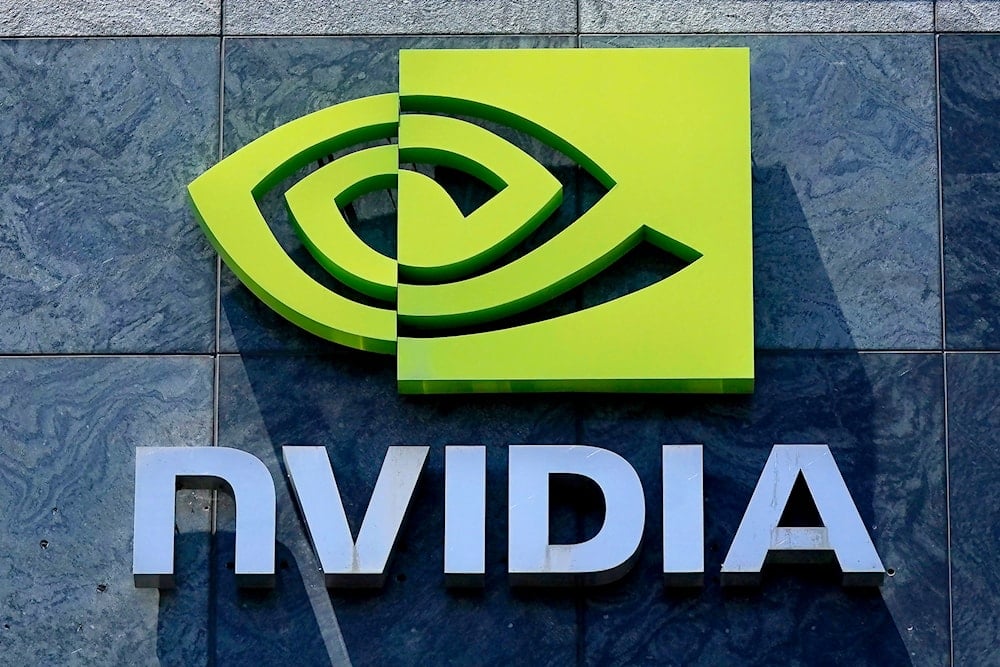China bans ByteDance from using Nvidia chips in new data centers
Chinese regulators have barred ByteDance from using Nvidia chips in new data centers, reinforcing Beijing’s push for domestic AI chip self-sufficiency amid ongoing US-China tech tensions.
-

A sign for a Nvidia building is shown in Santa Clara, Calif., May 31, 2023. A rebound for Nvidia on Tuesday, June 25, 2024, is helping keep U.S. indexes close to their records Tuesday. (AP Photo/Jeff Chiu, File)
Chinese regulators have barred ByteDance, the owner of TikTok, from deploying Nvidia chips in new data centers, according to a report by The Information citing two company employees.
ByteDance was reportedly the largest Chinese purchaser of Nvidia chips in 2025, as it sought to secure sufficient computing power for its platform’s billion-plus users. The move came amid growing concerns that Washington may tighten restrictions on chip supplies.
The reported ban reflects intensified efforts by Beijing to reduce dependency on US technology, especially in the semiconductor sector. As part of this campaign, Chinese regulators in August instructed local firms to halt new orders of Nvidia AI chips, according to Bloomberg, and have since encouraged companies to transition to domestically-produced processors.
A spokesperson for Nvidia told Reuters, “The regulatory landscape does not allow us to offer a competitive data center GPU in China, leaving that massive market to our rapidly growing foreign competitors.”
US-China semiconductor rift deepens
Earlier this month, Reuters reported that the Chinese government issued guidance requiring state-funded data center projects to use only domestically-made AI chips. The policy is part of a broader push to develop an independent AI ecosystem and strengthen chip self-sufficiency.
Washington has already barred the sale of Nvidia's most advanced chips to China, permitting only scaled-down models such as the H20, although the Trump administration was weighing whether to allow Nvidia to sell its advanced H200AI chips to China, sources familiar with the matter reported.
Nvidia responded by launching the RTX6000D, a chip specifically tailored for the Chinese market.
US President Donald Trump stated earlier this month, following talks with Chinese President Xi Jinping, that Washington would "let them deal with Nvidia but not in terms of the most advanced" chips.
The United States continues to navigate China’s growing assertiveness in the tech supply chain. Beijing’s restrictions on exports of rare earth minerals, vital to global tech manufacturing, have led Washington to consider reciprocal actions, though many proposed controls were rolled back.
Read more: Trump threatens 100% tariffs on Chinese imports, reigniting trade war

 2 Min Read
2 Min Read








